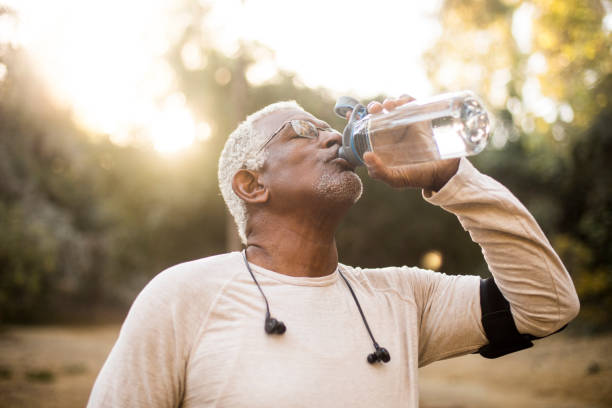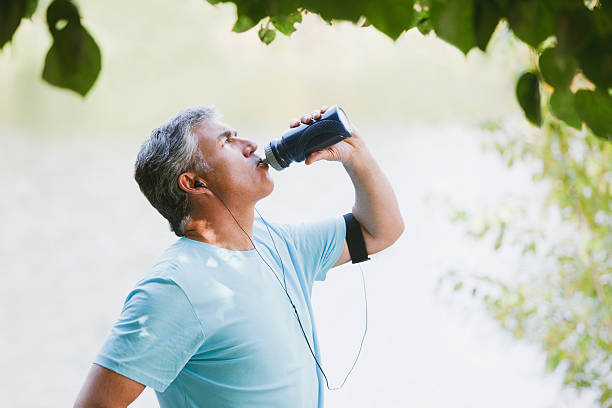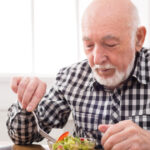Why It Matters and How to Stay Hydrated

As we age, our bodies undergo various changes that can affect our hydration levels. The elderly are particularly vulnerable to dehydration due to factors such as decreased thirst sensation, changes in body composition, and certain medications. In this article, we will discuss the importance of hydration for the elderly and provide tips on how to stay hydrated.
Why Hydration is Important for the Elderly
Water makes up approximately 60% of our body weight and plays a crucial role in various bodily functions, such as:
- Regulating body temperature: Hydration helps maintain body temperature, which is essential for proper bodily functions.
- Transporting nutrients and oxygen: Water helps transport nutrients and oxygen to cells, supporting energy production and overall health.
- Removing waste: Adequate hydration helps remove waste products from the body, reducing the risk of urinary tract infections and kidney stones.
- Maintaining skin health: Hydration keeps skin healthy, reducing the appearance of wrinkles and improving skin elasticity.
Consequences of Dehydration in the Elderly
Dehydration can have severe consequences for the elderly, including:
- Increased risk of falls: Dehydration can cause dizziness, lightheadedness, and weakness, increasing the risk of falls.
- Urinary tract infections: Dehydration can lead to concentrated urine, increasing the risk of urinary tract infections.
- Kidney damage: Prolonged dehydration can damage kidney function and increase the risk of kidney stones.
- Cognitive impairment: Dehydration can cause confusion, disorientation, and decreased cognitive function.
Signs of Dehydration in the Elderly
Recognizing the signs of dehydration is crucial, especially in the elderly. Look out for:
- Dark urine: If urine is dark yellow or amber-colored, it may indicate dehydration.
- Dry mouth: A dry, sticky mouth can be a sign of dehydration.
- Fatigue: Feeling weak, tired, or lethargic can be a symptom of dehydration.
- Headaches: Dehydration can cause headaches and migraines.
Tips for Staying Hydrated
- Drink plenty of water: Aim for at least 8-10 glasses of water per day.
- Monitor urine output: If urine is pale yellow or clear, you’re likely hydrated.
- Eat hydrating foods: Include foods with high water content, such as fruits, vegetables, and broth-based soups.
- Avoid sugary drinks: Limit or avoid sugary drinks, as they can exacerbate dehydration.
- Make hydration convenient: Keep water bottles or glasses nearby to encourage frequent drinking.
Hydration is essential for the elderly, and neglecting it can lead to severe consequences. By understanding the importance of hydration and implementing simple tips, caregivers and elderly individuals can work together to maintain optimal hydration levels and promote overall health and well-being.



